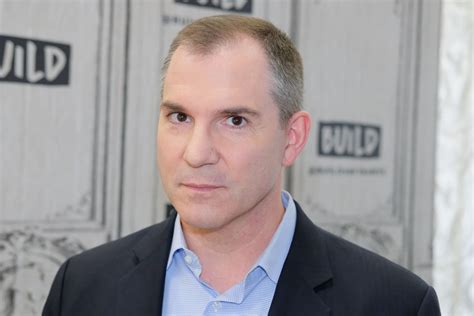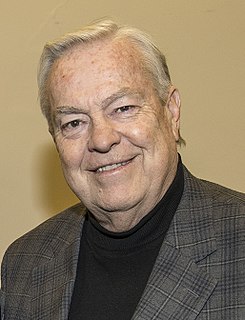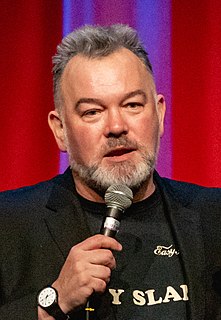A Quote by Mark McKinnon
I think the press has an interest in communicating to its viewers or readers, and their viewers or readers drive profit for those news organizations, so I think those news organizations have a certain bias toward their own readers. Yeah, I think they are a special interest. Of course they are.
Related Quotes
The New York Times and PBS are gatekeepers of a sort. And they perform that role of gatekeeping with a set of rules and aspirations about where they want to lead their viewers and their readers. They value objective facts, and they attempt to transmit a comprehensive view of the world. And they do have values. And they do lead their viewers and their readers to certain conclusions. But it's different than such monopolies as Apple or Google which are dissecting information into these bits and pieces, which they're then transmitting to people. And it's about clicks.
We still write too many stories that are "state of the race" stories that are informed almost solely by what the polling shows and by what we're then deducing about who's up, who's down, and I'm just not sure that's very helpful to readers, it certainly doesn't elevate the debate and, and the problem is if you, if you cover these things, and I don't think the Times is particularly culpable, I think other news organizations are worse, if you cover them in an entirely "who's up, who's down" horse race way.
My readers are surprisingly mixed. I have conservative readers - for instance, women with headscarves - but also many liberal, leftist, feminist, nihilist, environmentalist, and secularist readers. Next to those are mystics, agnostics, Kurds, Turks, Alevis, Sunnis, gays, housewives, and businesswomen.
I was sorry to see the News of the World go down, I think it was a great campaigning newspaper. Who can forget the News of the World's high profile campaign against child sex offenders which led to News of the World readers burning down the home of a paediatrician, throwing rocks at a pedalo, stamping on a centipede.
A reader is entitled to believe what he or she believes is consonant with the facts of the book. It is not unusual that readers take away something that is spiritually at variance from what I myself experienced. That's not to say readers make up the book they want. We all have to agree on the facts. But readers bring their histories and all sets of longings. A book will pluck the strings of those longings differently among different readers.
I reach readers rather unintentionally, I think, and those readers likely connect with the slant, the off-kilter, the part of the road you can barely see from the well-traveled road. So, when I'm writing, I'm not thinking about audience at all. Instead, I'm trying to see behind those shrubs, down that hidden path. We're the weirdos of the world and there are so many weirdos.



































